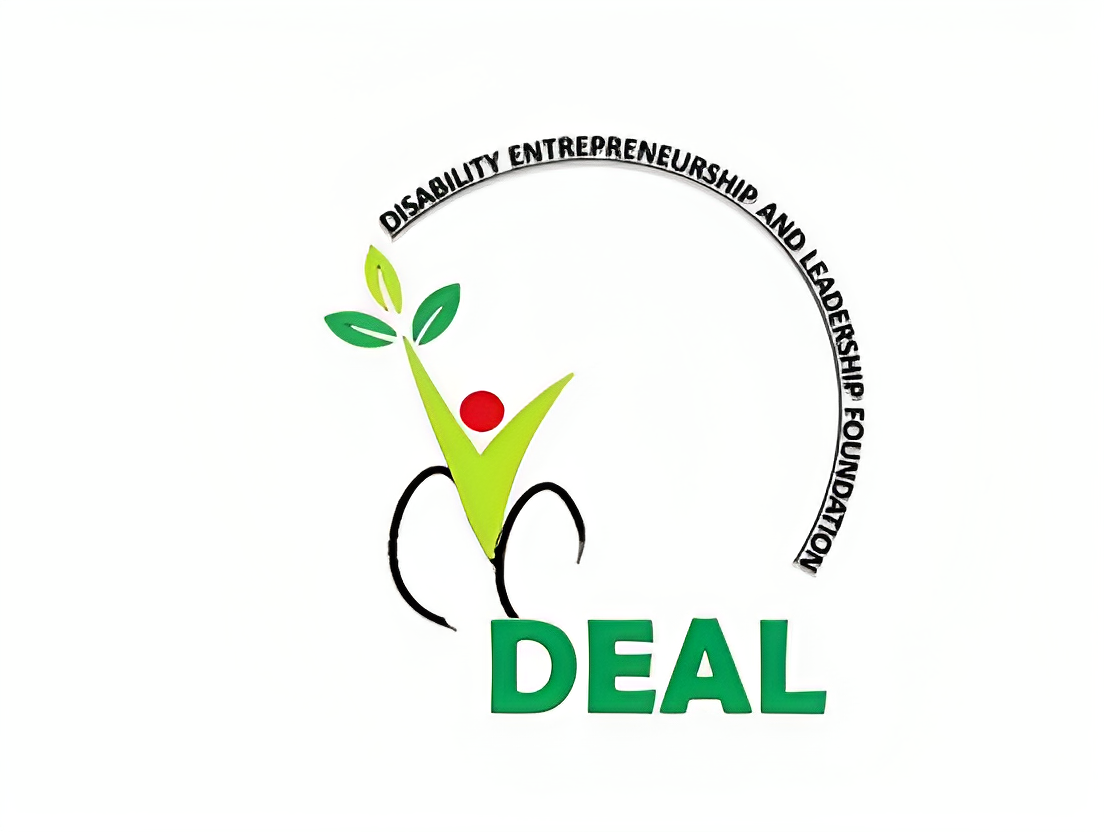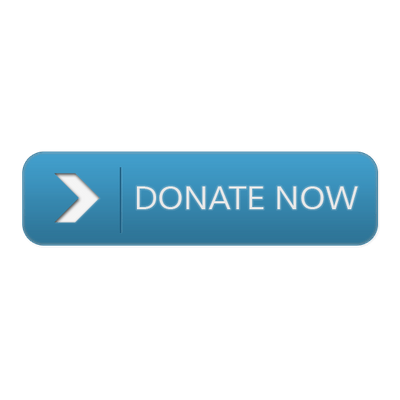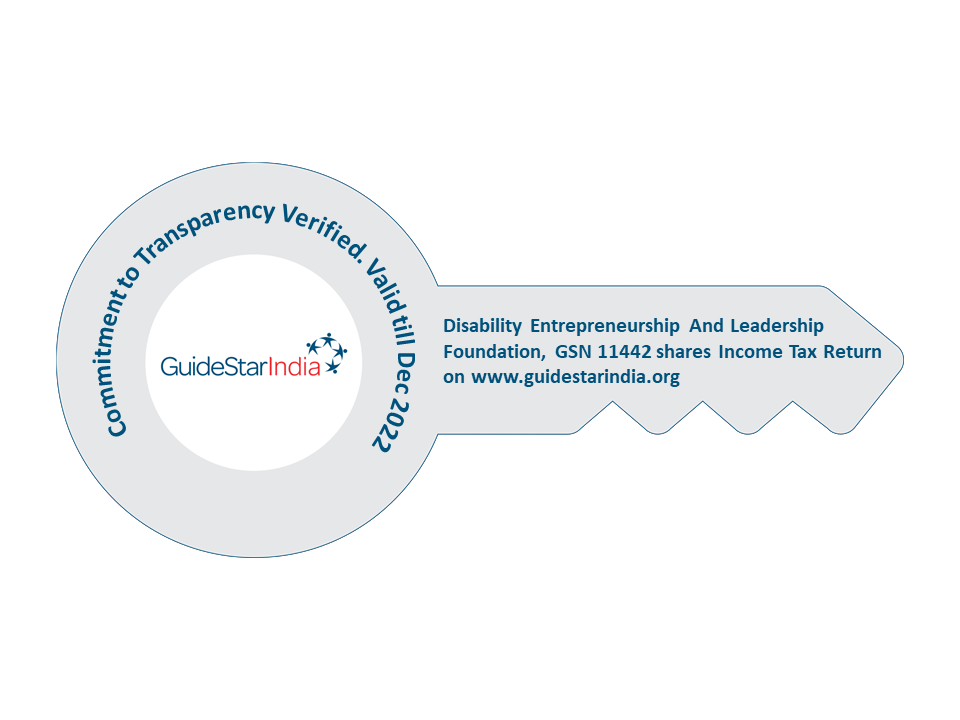Equality of opportunity is central to democracy, individual rights and freedom. Yet we find that growing inequalities between people and regions of the world have become the mainstay of 21st century living.
Lack of access to opportunities and facilities continues to exclude large sections of our society from social, economic, political, cultural and religious participation.
This includes indigenous tribes, persons from schedule caste, backward classes, women and persons with disability.
The 73rd and 74th amendments of the Indian Constitution mandate self-determination, economic development and social justice reforms paving the way for full participation of all citizens across rural and urban communities.
While much has been achieved since 1992 when these reforms were adopted, there is still a lot to do in terms of empowering sections of society who continue to remain disadvantaged.
Empowerment is “understood as the expansion of freedom of choice and action”
In ‘Development as freedom’, Amartya Sen 1999, sets out a useful construct of capability.
His construct of capability is employed extensively in the context of understanding and measuring human development. It is used as a broader, deeper alternative to narrow economic metrics such as GDP per capita income etc.
Here ‘poverty’ is understood as deprivation in the capability to live a good life, and ‘development’ is understood as capability expansion
In our work with persons with disability, Disability Entrepreneurship And Leadership (DEAL) Foundation seeks to develop capability best practice and tools to monitor and assess development.
To find out more about our work please visit:
For specific queries please mail us at:


 Awarded by Guidestar India
Awarded by Guidestar India